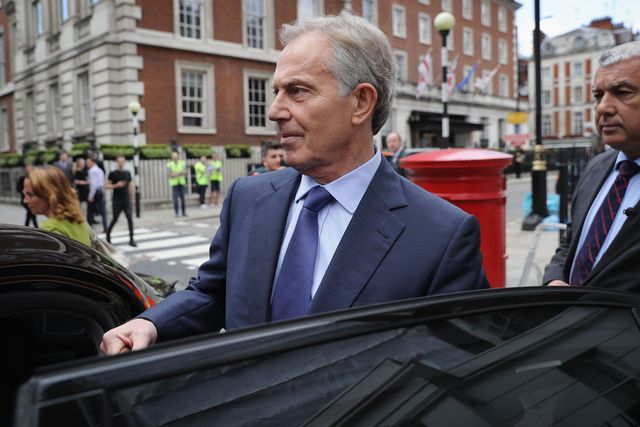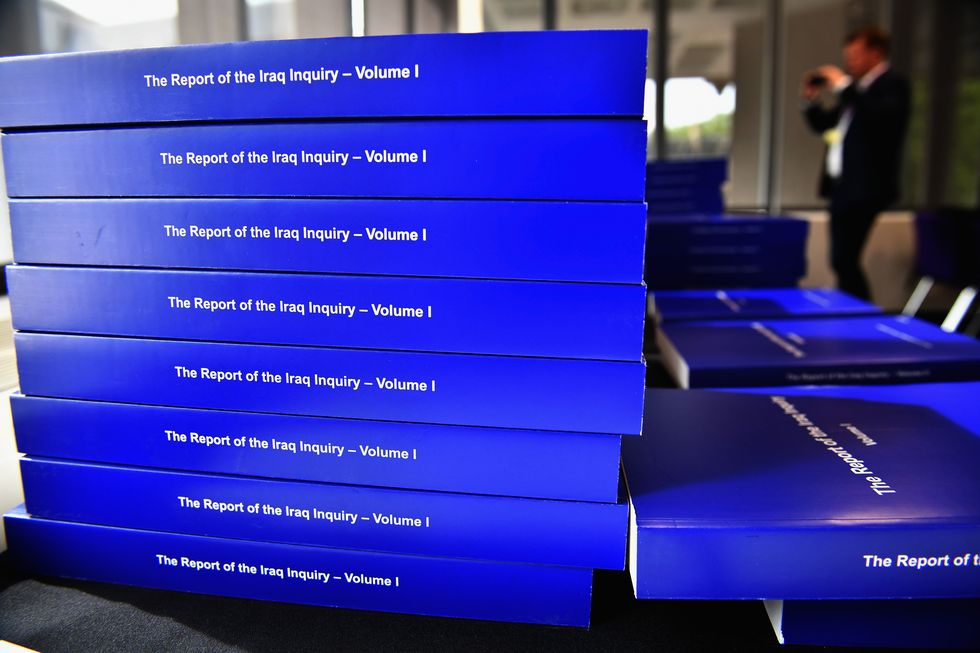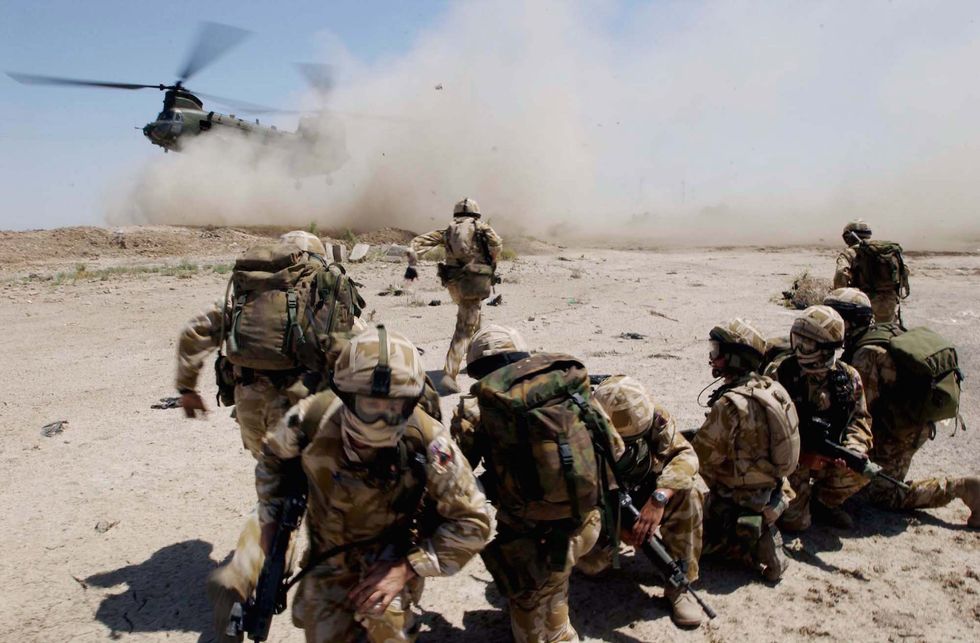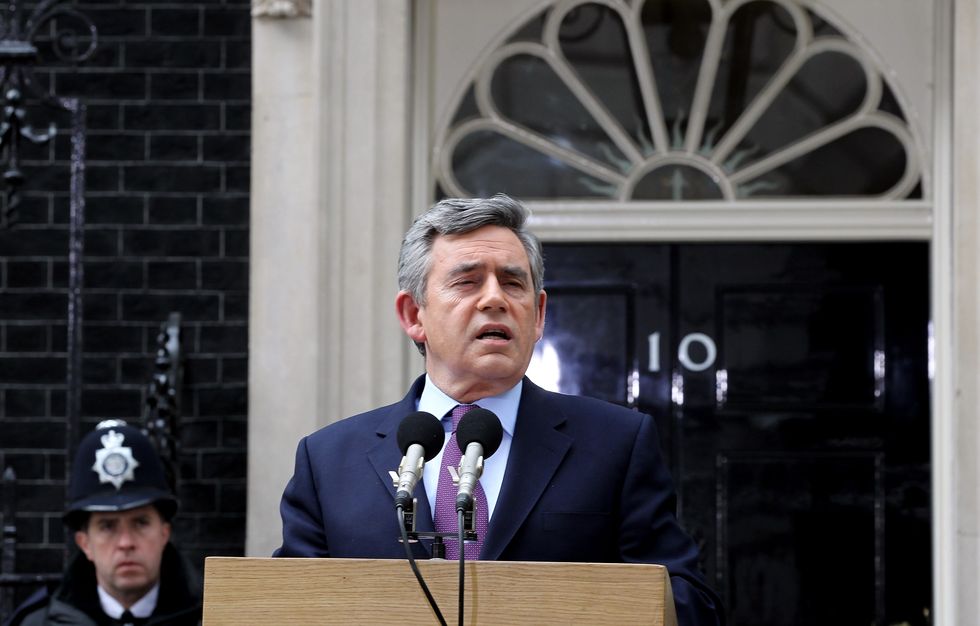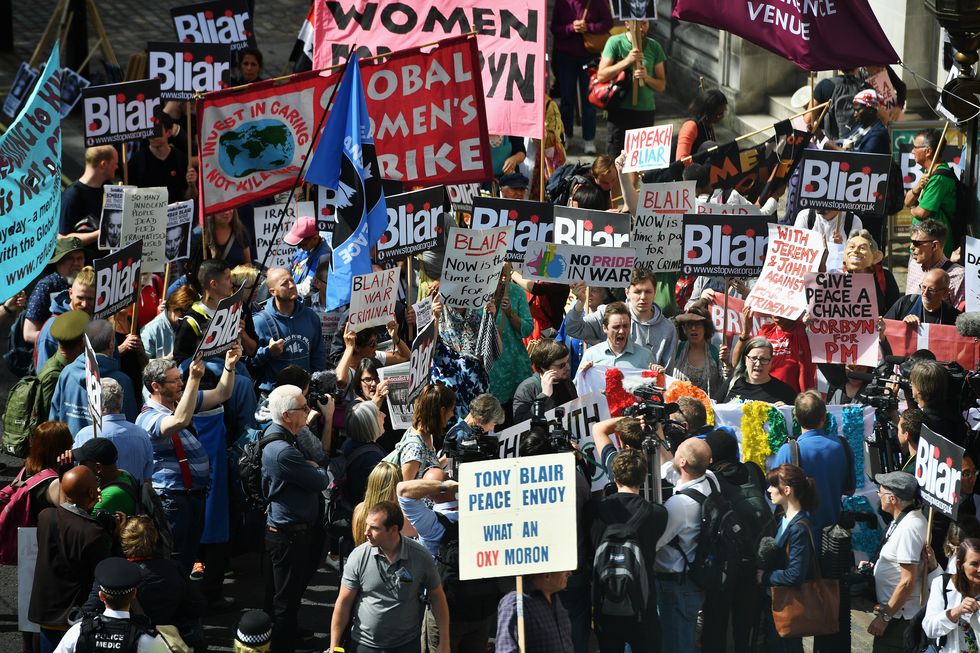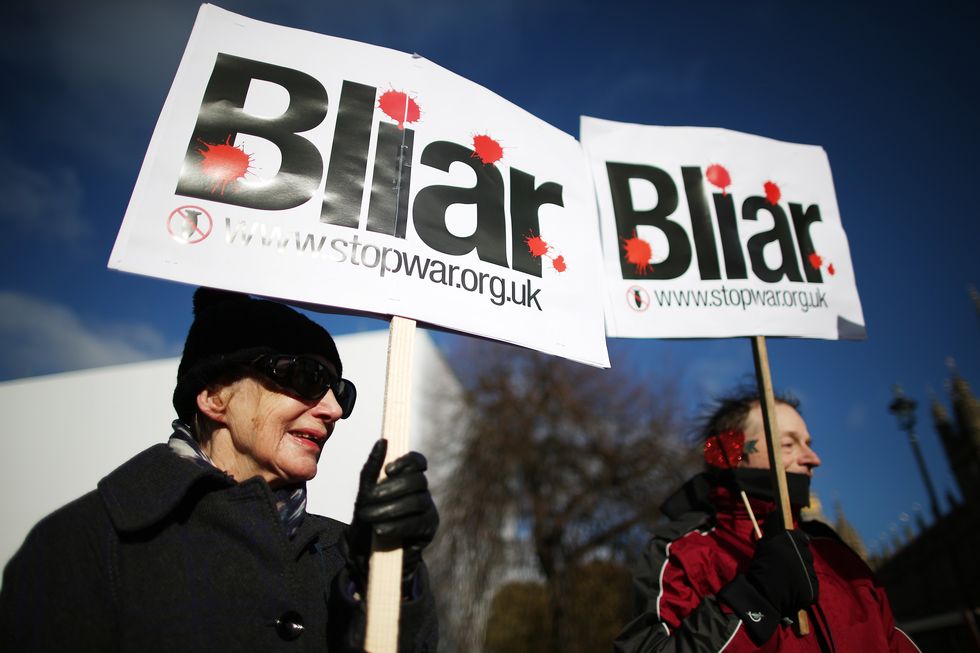The Chilcot Report was released this week, after seven long years of waiting.
The report was opened in 2009 as an investigation into the events surrounding the 2003 invasion of Iraq.
To make sense of why this examination came about, why it's so important, and what it was trying to find out, we have taken a look back at the events leading up to the invasion. Here, we break it down for you:
- As everyone is well aware, in September 2001, the US fell prey to the events of 9/11, the largest terror attack ever to take place on American soil.
- In retaliation, President George W. Bush launched an attack on Afghanistan, which was under Taliban rule. His aim was to find Osama Bin Laden, the al-Qaeda leader who had claimed responsibility for the twin towers attacks.
- While looking for Osama Bin Laden, President Bush began to focus on another dictator in the Middle East, Iraq's Saddam Hussein.
- Hussein had been a matter of international concern for a while, as he was believed to have been harbouring weapons of mass destruction - nuclear, biological or chemical weaponry, capable of causing much further harm than your average bomb or missile.
- The US, in 2002, were preparing to invade Iraq. Tony Blair began a campaign in parliament to allow British forces to join them in the invasion. The official line was to use 'all means necessary to ensure the disarmament of Iraq's weapons of mass destruction.'
The invasion was justified in three primary ways:-
- To show support to American allies
- To protect the international community from possible nuclear arms
- To protect the citizens of Iraq from Hussein's dictatorship.
- Despite huge protests against the invasion, MPs overwhelmingly voted that British troops should enter Iraq alongside the US army.
- It is commonly understood that military intervention is meant to be a last resort reaction to world issues. It should only be used after peaceful solutions have been exhausted. In 13 years, around 170,000 civilians have been killed in Iraq, with the last British combat troops having been taken out of Iraq in 2009.
- Many feel that the invasion into Iraq was unjustified, and certainly not a last stand after more peaceful routes had been explored. And so, in 2009, Gordon Brown announced that there would be an investigation into what happened, to try and learn from the perceived mistakes that were made.
- He called upon Sir John Chilcot to chair the inquiry, and the Chilcot Report began. It was released yesterday to protesting crowds.
- Tony Blair has been accused of exaggerating the threat from Iraq, and of acting as though the information he had received was certain, when it looks like it might not have been.
- When Saddam Hussein was brought down, no evidence of the weapons of mass destruction were found, sparking anger and upset across Britain, as many already felt the invasion was an unnecessary and aggressive act of war.
- One important thing to note though, is that the report is not there to find Tony Blair guilty of breaking the law or of war crimes, although it is likely that some people feel that it has provided proof of guilt.
It is an investigation into what happened, in order to learn from mistakes made.
Here are the main points from the report, so that you can make up your own mind.
- The UK chose to join the invasion before peaceful options had been exhausted.
- While the MP's were trying to decide whether or not to invade, Tony Blair presented information about Iraq, with a certainty, that was 'not justified.' His case for invasion, 'was not justified.'
- Military action in Iraq might have been necessary at some point in the future, but in March 2003, there was no imminent threat from Saddam Hussein.
- George Bush largely ignored what the UK wanted and advised, when handling matters in Iraq during the occupation.
Essentially, the report has claimed that Tony Blair misled MPs, although not intentionally, and made a terrible mistake in invading Iraq. However, it does also say that military action may have become necessary at some other point, just that there was no severe threat in 2003.
So, #tonyblairisgoingtojail was a rather misleading hashtag, but at least now you know why it was trending.
Tony Blair is response to the report can be found here.
You can watch Sir John Chilcot reading the report below, via the Guardian.
